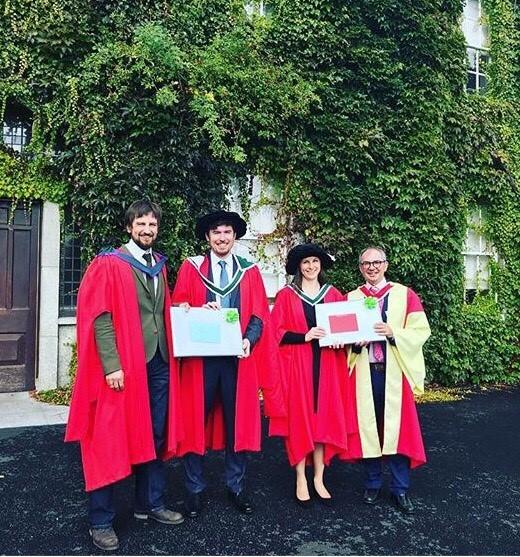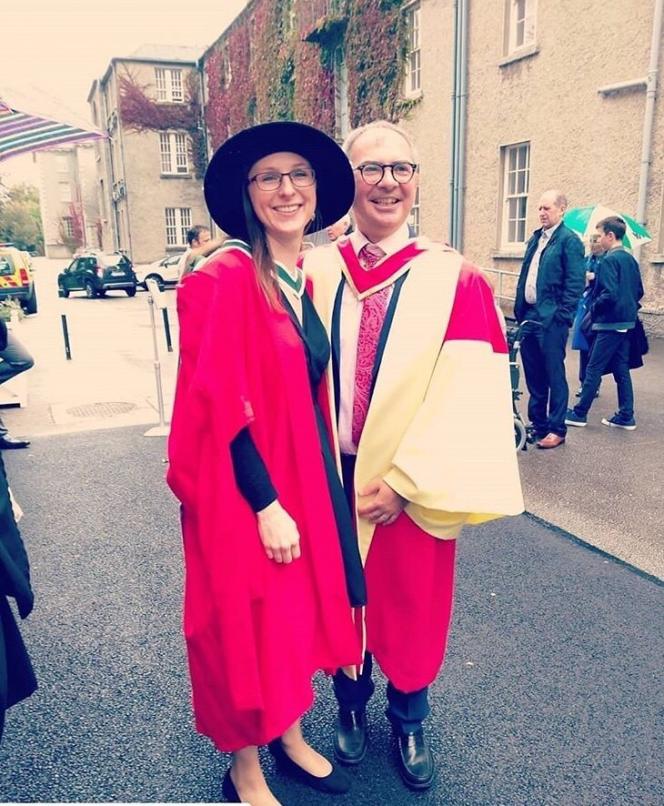The PhD in Law is the highest degree offered by the School of Law and Criminology. By definition, it is intended to be a qualification obtained after rigorous and original research that contributes to the state of legal scholarship. Towards that end, the structured PhD programme offers a framework which facilitates independent research, whilst providing milestones for measuring progress.
Students will be equipped with methodological and analytical tools for advanced research in law through a number of taught modules across the Faculty. These will be supplemented by periodic one-on-one supervision meetings. Students will also have opportunities to actively engage in other aspects of academic writing and publishing during the course of their education. In addition, the School of Law and Criminology’s research seminar series offers a constructive forum for presenting and debating research.
Prior to submitting a formal application, potential candidates should:
- Identify a member of staff as a potential supervisor, and discuss their area of interest with him/her.
- Submit their research proposal and CV to the proposed supervisor.
- A formal application through PAC should only be made after the potential candidate has received provisional approval from the proposed supervisor.

Scholarship Information
Information on additional funding opportunities can be found here
Information about the John and Pat Hume Scholarship are available here

Quotations from Recently Completed PhD Students:
Dr. Liam Sunner
I chose to do my Ph.d in Maynooth University for a number of reasons. Having been a Maynooth University student for a few years, I have witnessed the exponential growth of academic staff. Maynooth draws together a critical mass of researchers from across various areas of Law which my thesis touched upon. This allows me to draw on the expertise of many world leading scholars in areas such EU Law (Prof. Lock, Dr. Ferri) international human rights (Dr. Noelle Higgins), IP and Health (Dr. Aisling McMahon and Dr. Ollie Bartlett), WTO and international economic law (Dr. Oisin Suttle). Maynooth University has developed an extensive network only many leading academics within fields of research of the proposed project, but to many of the policy development institutions which have the current position of this research, both within the EU and further afield. Another important reason to choose Maynooth University relates to its outstanding facilities, and its vibrant and innovative School of Law and Criminology. As a result, the School of Law and Criminology offers a challenging yet supportive structure with dedicated and amazing staff that will help bring out the best of you and your potential research. I could not recommend it more.
Dr. Emma McEvoy
My name is Emma McEvoy and I completed my Ph.D. in 2019. My thesis was supervised by Prof. Michael Doherty. Maynooth University is an ideal University to undertake a Ph.D. in law. The School of Law and Criminology is committed to the study of law in a global context and encourages an interdisciplinary approach to research. The Department encourages postgraduate students to develop a bespoke postgraduate journey suited to your individual study and career aspirations. My research examined the relationship between public procurement law and the participation of Small and Medium-Sized Enterprises (SMEs) in public contracts. Prof. Doherty supported the policy-orientated research and encouraged me to develop links with the legal profession, business, and the public sector. I was encouraged to engage with society and translate my findings into relevant research-led teaching case studies. The School of Law and Criminology offers a supportive, collaborative and innovative learning environment for postgraduate students. To hear more about Emma's experience click here

